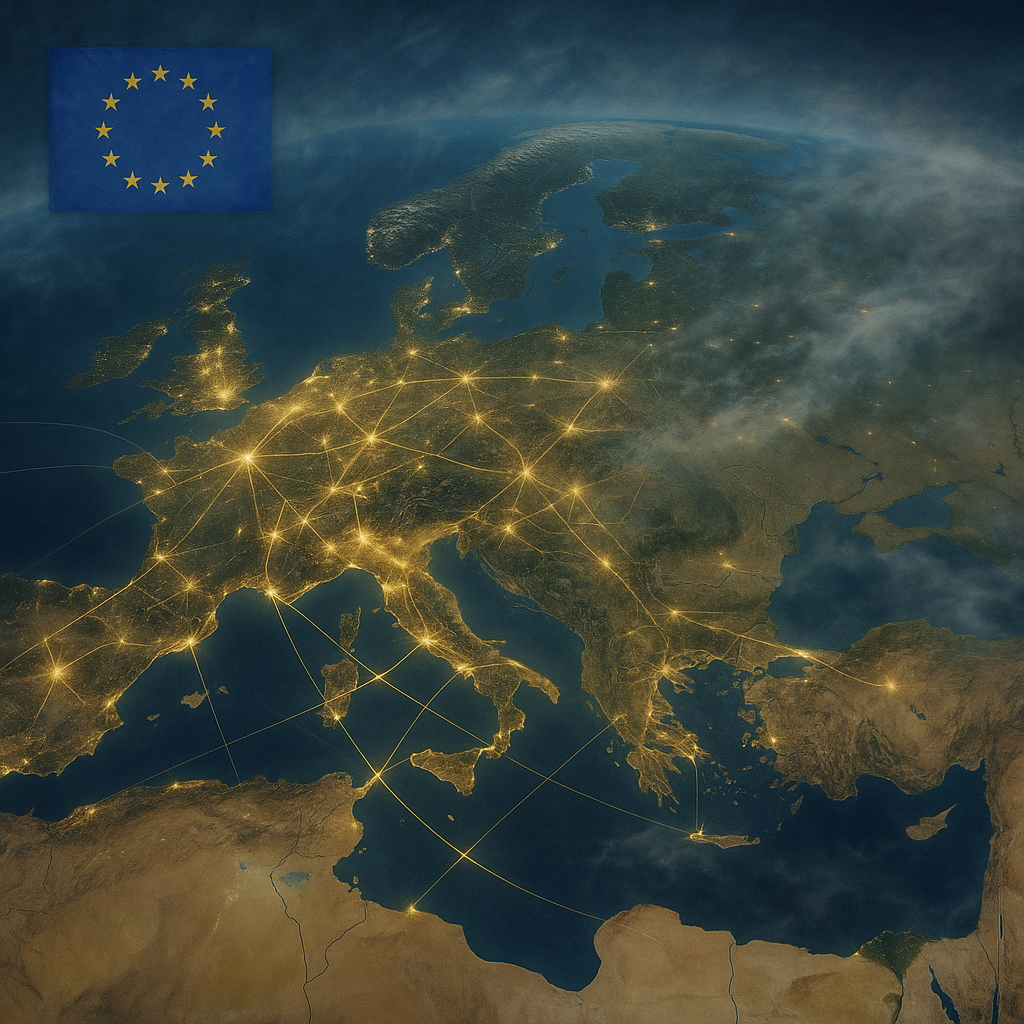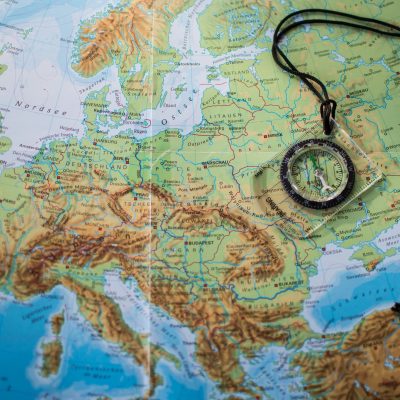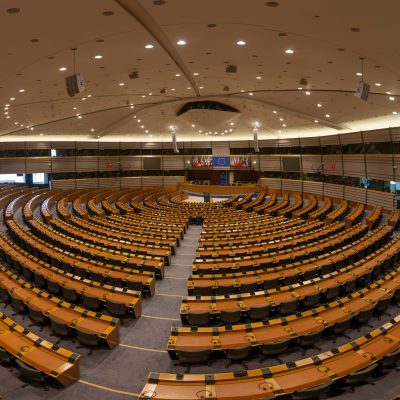Potential and limits of EU policies in the neighbourhood

Contrary to the premises on which it was launched back in 2003, the European Neighbourhood Policy (ENP) has underperformed in many ways. While democratisation in Eastern Europe has lapsed, a number of Southern Mediterranean countries overthrew their ruling autocrats, but the EU had no role in that. The EU revised the ENP in 2011, but the revision looks unimpressive. In particular, conditionality appears unlikely to work in countries where reforms have been an endogenous product. New challenges have also emerged from the new economic and strategic context. Internally, the crisis has absorbed significant energy and resources, plus Member States tend not only to bypass common external policies, but possibly stand in the way of implementing Lisbon Treaty foreign policy provisions. Externally, other actors have emerged in the EU neighbourhood, while neighbouring countries and their citizens no longer necessarily look at the EU as a model and final foreign policy goal. The EU should adopt a political, not technocratic approach to its periphery, get Member States to support common policies, and seek ad hoc cooperation with new powers in the area, like Turkey. A strategic and proactive approach to the neighbourhood is needed, one that looks at the opportunities for the EU, and not just at the challenges and threats.




